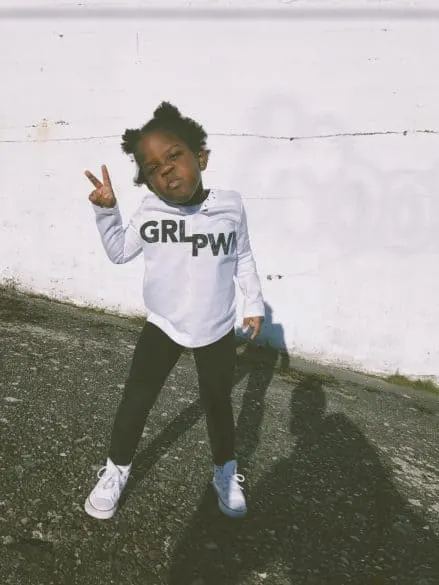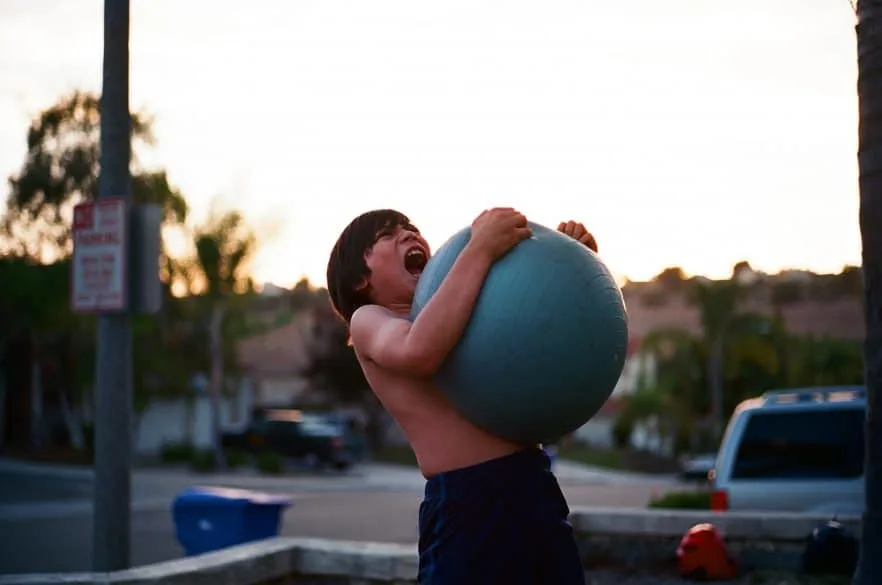Why is it Important to Know Your Children’s Strengths?
Every person has different strengths, and these strengths can be our individual keys to success. Once you identify your children’s strengths you can help them to hone in on where they’ll find the most success in school, a career, and life.
It can also give kids and teens a confidence boost when they understand that they have natural strengths and weaknesses. Knowing what they’re naturally good at can help bolster a child through challenges. It also helps them to realize that if they’re struggling in an area that is a “weakness” for them, they don’t need to get down about it. They can approach their weaknesses with greater determination.

Noticing our children’s and teen’s strengths can also help improve our relationship with them. When you’re experiencing difficulties connecting or parenting your child, sometimes just taking the time to notice all of your child’s good qualities can help improve your feelings and attitude towards them.
Strengths vs. Weaknesses
I think most people have heard the idea that it’s important to know what our strengths and weaknesses are so that we can focus on improving our weaknesses. Then we can be well rounded people who are not blindsided by our own personal shortcomings.
There is another argument though, that instead of focusing on improving our weaknesses, we should focus on improving our natural talents so that we can brilliantly excel in our strengths.
Interests, Talents, and Strengths
Our talents are the abilities that come naturally to us. When we focus on improving our natural talents, then our talents become lifelong strengths.
You can be interested in teaching others, but not necessarily talented at it. However if you do happen to have a natural talent for teaching, you can refine your talent into an outstanding strength.
This same concept applies to multiple areas of life.
Personality Traits and Young Kids
Personality traits are not necessarily the same thing as strengths, but they do influence each other.
It can be difficult to gage young children’s strengths, but it is easy to see that they all have unique personalities.
Take notice of your young children’s positive personality traits. They may help give you clues into your child’s future strengths.

The Four Different Strengths
According to the Clifton Youth Strengths Assessment Tool there are four main strength “themes” for children under the age of fourteen.
These areas are: Executing, Influencing, Relationship Building, and Strategic Thinking.
Different Areas to Look for Strengths
There are 10 different strengths for children ages ten through fourteen.
They include:
- Achieving
- Caring
- Competing
- Confidence
- Dependability
- Discoverer
- Future Thinker
- Relating
- Organizer
- Presence

Steps to Uncovering Your Child’s Strengths:
Observing: Watch your child interact with their friends and family. See how they respond when they are presented with a problem or challenge. Does your child have their own goals? Even if they are childlike goals, for example beating a video game or learning to draw horses. Take notice of how your child interacts with their world and environment.
Listening: Ask your child what they believe they’re good at. See if they identify with any of the strengths listed above. Ask them if there are any strengths that they wish they had.
Keep a Strengths Journal: It can be helpful to keep a journal together with your child to record moments and experiences that showcase their strengths. It makes it easier to recall small moments of strength and builds momentum to keep improving.
Don’t Compare Siblings Strengths
It’s important to reinforce the idea that every person has their own combination of strengths and weaknesses. This makes each person unique. It also means each person’s strengths are important for different situations.
I hope you and your children enjoy discovering their unique talents and strengths together, so that you can both face the future with more confidence.

